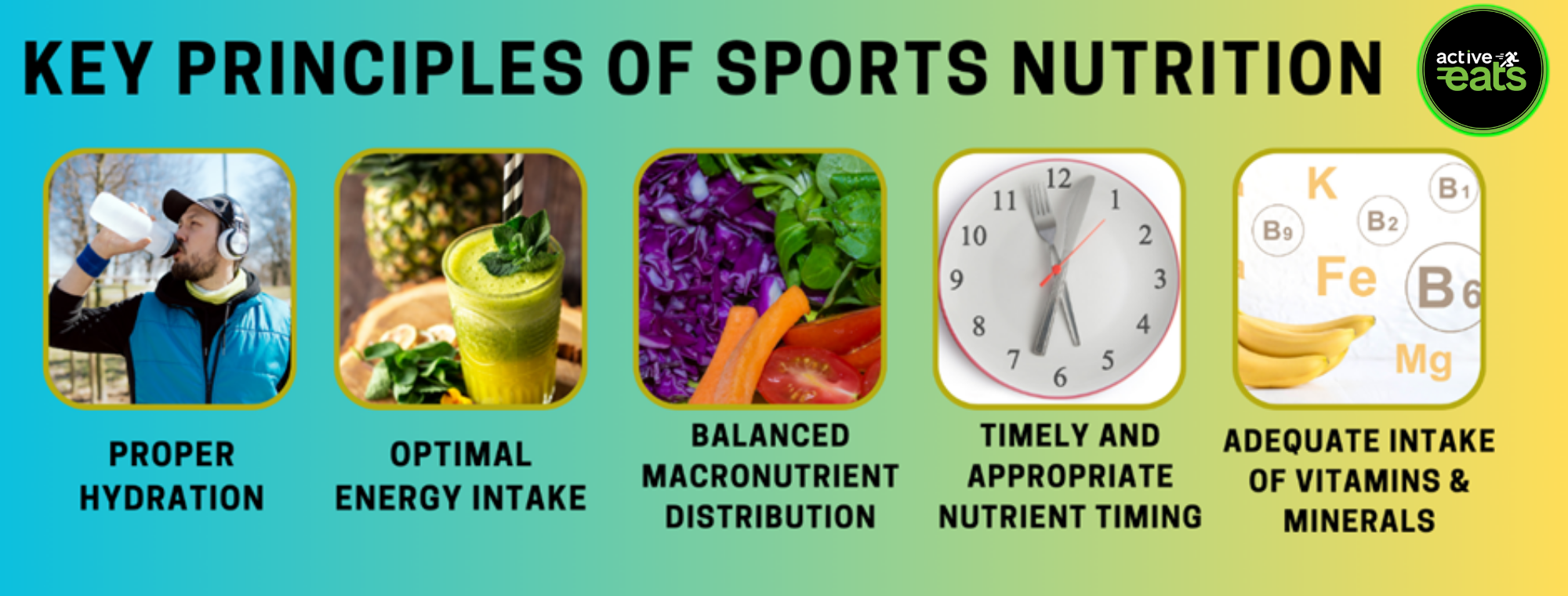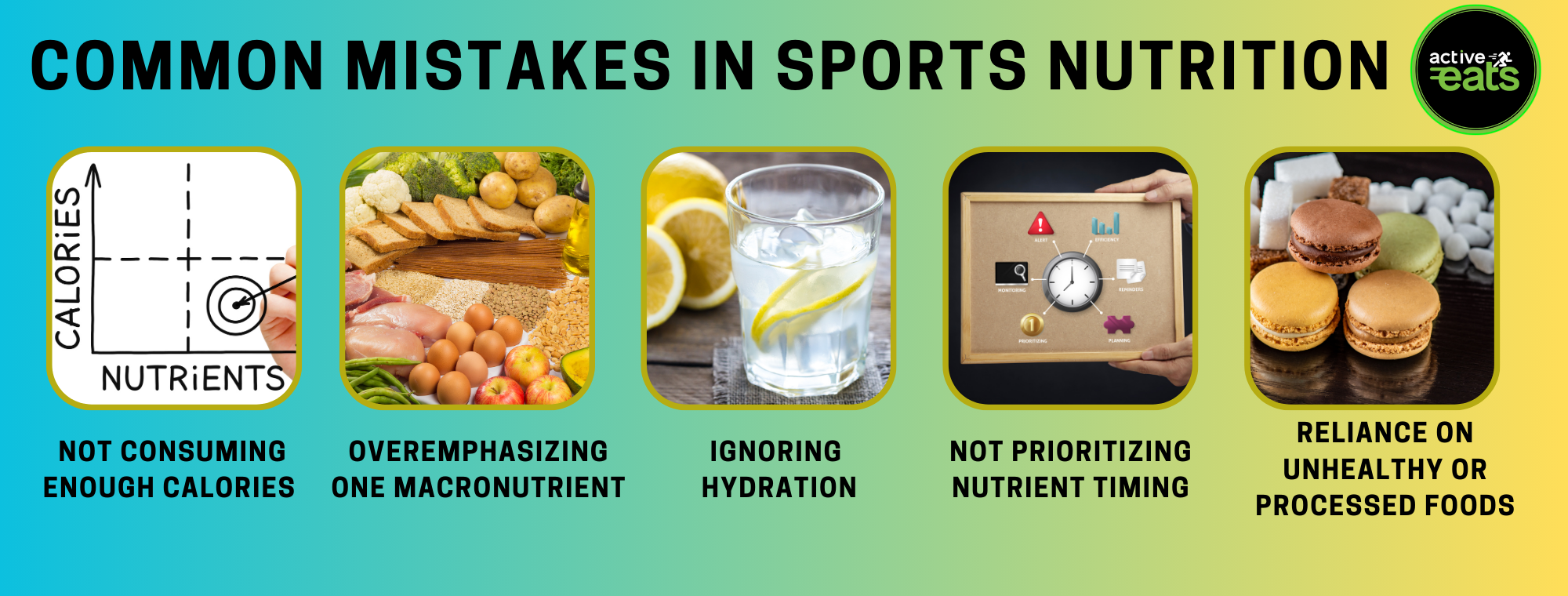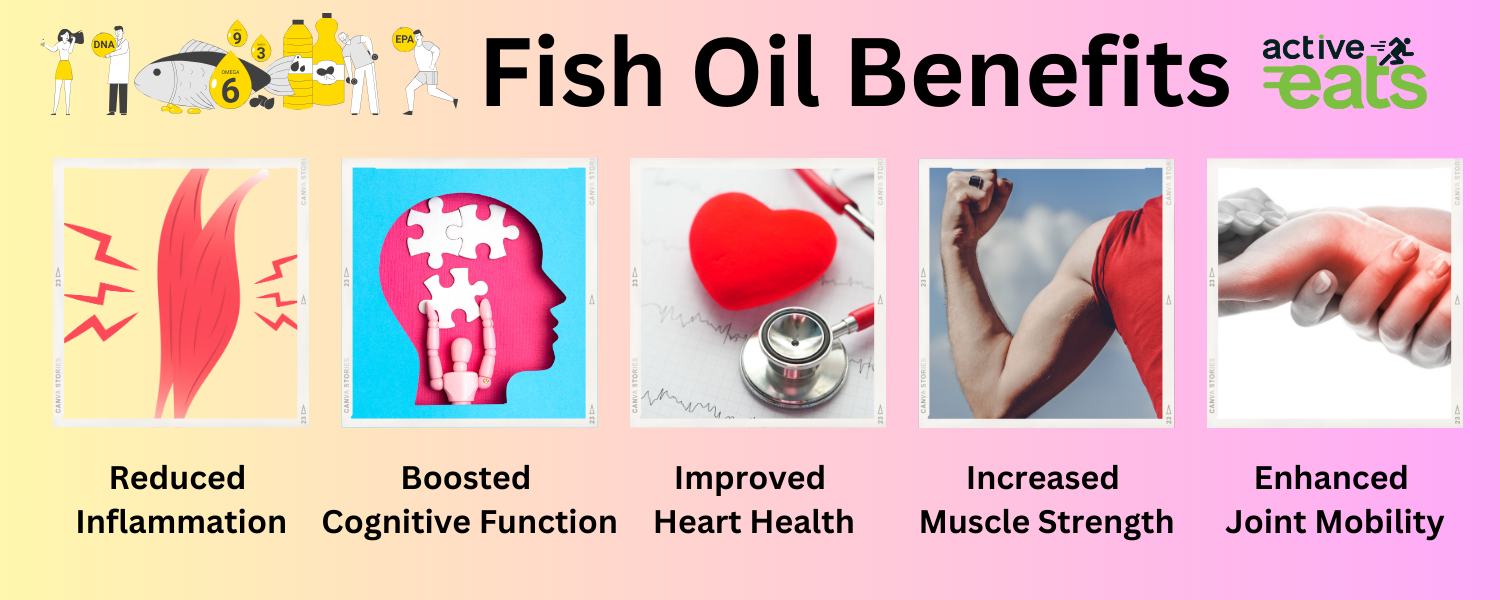Elevate Your Game: Unleashing the Power of Sports Supplements for Peak Performance
Welcome to our blog post on sports supplements and nutrition! In this article, we will explore the world of nutrition specifically tailored for athletes and sports performance. Whether you’re a professional athlete, an avid sports enthusiast, or just looking to improve your physical fitness, understanding the role of nutrition in sports is very important for desired results. From the benefits of protein to the importance of hydration, we will cover a wide range of topics to help you optimize your athletic performance and reach your goals. So, let’s dive in and discover the power of sports nutrition!
Understanding Sports Nutrition: What is sports nutrition and why is it important?
Sports nutrition is the study and practice of nutrition and diet as it relates to athletic performance. It focuses on providing the right nutrients, at the right times, to fuel the body and enhance athletic performance. The goal of sports nutrition is to help athletes perform at their best, recover efficiently, and reduce the risk of injury.
Key principles of sports nutrition

How nutrition affects athletic performance
What athletes eat and drink can significantly impact their ability to perform, recover, and achieve their training goals. The right balance of carbohydrates, protein, and fats can help fuel the body, maintain energy levels, promote muscle recovery, and support overall physical well-being.
Athletes need an adequate intake of carbs to fuel their workouts and maintain optimal glycogen stores in muscles and liver. Fats are also important for providing energy during low to moderate-intensity activities and for endurance events. Protein is necessary for muscle repair and growth, which is vital for recovery and overall performance. By consuming the right proportions of all the necessary nutrients, athletes and fitness enthusiasts can perform to according to their plan.
Nutritional deficiencies or imbalances can lead to decreased performance, fatigue, and increased risk of injury.
Common mistakes in sports nutrition

Why nutrition and exercise go hand in hand for athletes
Nutrition and exercise are two interconnected components that work together to optimize an athlete’s performance.

Intense exercise cause microscopic damage to muscle fibers. This damage is a natural part of the muscle adaptation process and is often associated with muscle soreness. Over time, the muscles repair and adapt, becoming stronger and more resilient. During exercise, bodies require increased energy, nutrients, and hydration. Adequate nutrition helps to replenish glycogen stores, repair muscle damage, and support optimal recovery. Proper nutrition also ensures that the body has the necessary vitamins, minerals, and antioxidants to promote overall health and well-being.
Therefore, exercise or workouts must be combined with proper nutrition for increased muscle strength, stamina and better repair and hydration.
How proper nutrition enhances physical performance
Carbohydrates provide the body with glycogen, which is the primary energy source for muscles during exercise. Including sufficient carbohydrates in the diet can help athletes maintain high energy levels and delay fatigue.
Protein is essential for muscle growth, repair, and recovery. Athletes should consume adequate amounts of high-quality protein sources, such as lean meats, fish, dairy, and plant-based proteins, to support muscle health and promote optimal performance.
Hydration is another critical aspect of sports nutrition. Proper hydration helps to regulate body temperature, maintain electrolyte balance, and prevent dehydration, which can negatively impact performance. Athletes should aim to drink enough fluids before, during, and after exercise to stay adequately hydrated.
Sports Supplements: Are They Necessary?
Sports supplements are products designed to enhance athletic performance, support recovery, and get the desired results in less time. These supplements come in various forms, including pills, powders, liquids, and bars, and they typically contain a range of vitamins, minerals, amino acids, herbs, and other substances that benefit athletes and active individuals.
When it comes to sports nutrition, one topic that often arises is the use of sports supplements. These supplements are specially formulated to provide for raw materials for muscles (protein) in required concentration and speeds up muscle recovery (BCAA).
Additionally, sports supplements can also help increase strength and power (creatine) and support bone and joint health along with reducing inflammation (Omega-3) caused due to intense workouts and training sessions.
Risks of using sports supplements
Sports supplements can offer benefits such as improved endurance, decreased muscle fatigue, and increased muscle growth. However, it is crucial to consider potential risks and side effects of these supplements as well. Some supplements may have adverse effects on health if taken improperly or in excessive doses.
Some supplements can react with prescription or over-the-counter medications in a negative manner, potentially affecting their effectiveness or causing side effects. It’s crucial to inform your healthcare provider of any supplements you are taking any additional supplements.
The Role of Protein in Sports Performance
Protein plays a crucial role in enhancing sports performance for athletes due to which it is widely known under the basic sports supplements. It is responsible for building, repairing, and maintaining muscle tissue, which is essential for athletes to perform at their best.
Here are some key points about protein in sports nutrition:
Protein is necessary for repairing and rebuilding muscle tissue that undergoes wear and tear during physical activity. It also provides the body with energy and aids in the production of enzymes and hormones that are crucial for optimal sports performance.
Different sources of protein for sports nutrition

Athletes can obtain protein from various sources, including lean meats, poultry, fish, eggs, dairy products, legumes, and plant-based sources such as tofu and tempeh. It’s important to choose high-quality protein sources that provide all essential amino acids. Protein supplements, such as whey protein, casein protein, and plant-based options like pea or soy protein, are commonly used to meet daily protein needs, particularly after intense workouts.
How much protein do athletes need?
The protein requirements for athletes may vary depending on factors such as the type of sport, training intensity, body weight, and muscle mass.
Generally, athletes should aim to consume 1.2 to 2.0 grams of protein per kilogram of body weight per day.
Protein timing for optimal sports performance
The timing of protein intake is essential for maximizing its benefits. Consuming protein within 30 minutes to an hour after exercise can help stimulate muscle repair and growth. Additionally, protein intake throughout the day and including protein-rich snacks in between meals can aid in meeting daily protein requirements and helps in better digestion too.
The Benefits of Fish Oil for Athletes
Fish oil has long been recognized as a valuable sports supplements for athletes due to its numerous benefits for sports performance.
Here are some of the key advantages:

Reduced inflammation: Fish oil contains high levels of omega-3 fatty acids, particularly EPA and DHA, which have powerful anti-inflammatory properties. This can help athletes recover faster from intense workouts and reduce muscle soreness.
Improved heart health: Omega-3 fatty acids found in fish oil have been shown to support heart health by reducing the risk of heart disease and improving cardiovascular function. This is especially important for athletes who engage in high-intensity exercise.
Enhanced joint mobility: Regular consumption of fish oil can promote joint health and reduce stiffness, which is crucial for athletes who put a lot of strain on their joints during sports activities.
Increased muscle strength: Fish oil has been found to stimulate protein synthesis and enhance muscle growth and strength in athletes. This can lead to improved athletic performance and better overall fitness.
Boosted cognitive function: The omega-3 fatty acids in fish oil are also beneficial for brain health. They have been shown to improve cognitive function, mood, and focus, which can benefit athletes looking to stay mentally sharp during training and competition.
When choosing a fish oil supplement, it is important to opt for a high-quality product that is free from contaminants and has a high concentration of EPA and DHA. It is also advisable to consult with a healthcare professional or a sports nutritionist to determine the appropriate dosage for your specific needs.
Enhancing Performance with Amino Acids and Creatine
Amino acids play a crucial role in sports nutrition by contributing to muscle growth, repair, and recovery. These building blocks of protein are essential for athletes looking to enhance their performance.
By consuming amino acids before, during, and after workouts, athletes can optimize their muscle protein synthesis and reduce muscle breakdown. This can lead to improved strength, endurance, and overall athletic performance.
However, some amino acids are proven more beneficial to others. Branched-chain amino acids (BCAAs) such as leucine, isoleucine, and valine have been shown to be particularly beneficial for athletes. These amino acids can help reduce muscle soreness, improve exercise performance, and promote muscle recovery.
Creatine is another popular supplement used by athletes to enhance performance. It is naturally produced in the body and stored in the muscles to provide energy during high-intensity activities. Supplementing with creatine can increase the availability of creatine phosphate in the muscles, leading to improved strength, power, and muscle mass.
However, it is essential to use creatine responsibly and according to recommended dosages. High doses or misuse of creatine can lead to muscle cramps, and gastrointestinal distress. Therefore, a balanced amount of creatine should be consumed.
To maximize the benefits of amino acids and creatine, proper timing is everything. Consuming amino acids or a BCAA supplement before or after workouts can help promote muscle protein synthesis and reduce muscle damage. Similarly, taking creatine as part of a pre-workout routine can enhance its effectiveness and improve overall performance.
In conclusion, incorporating amino acids and creatine into your sports nutrition plan can significantly enhance your athletic performance. However, it is crucial to consult with a professional and use these supplements responsibly to reap the maximum benefits without risking any potential side effects.
Conclusion
Sports supplements and nutrition is a crucial aspect of athletic performance. By understanding the principles of sports nutrition and incorporating proper nutrition and exercise, athletes can enhance their physical performance and reach their full potential. It is important to fuel the body with the right nutrients, hydrate adequately, and consider the role of sports supplements, such as protein, fish oil, amino acids, and creatine.
Protein plays a vital role in muscle recovery and growth, and athletes should prioritize consuming enough protein from various sources. Fish oil, rich in omega-3 fatty acids, can improve cardiovascular health and decrease inflammation, benefiting athletes in various ways. Amino acids and creatine also have their place in sports nutrition, with the potential to enhance performance, but athletes should consult with professionals before incorporating these supplements into their routine.
In conclusion, sports nutrition is a comprehensive approach to optimizing athletic performance. By understanding the importance of nutrition and exercise, utilizing sports supplements strategically, and prioritizing hydration, athletes can enhance their physical capabilities and achieve their desired outcomes in sports.

